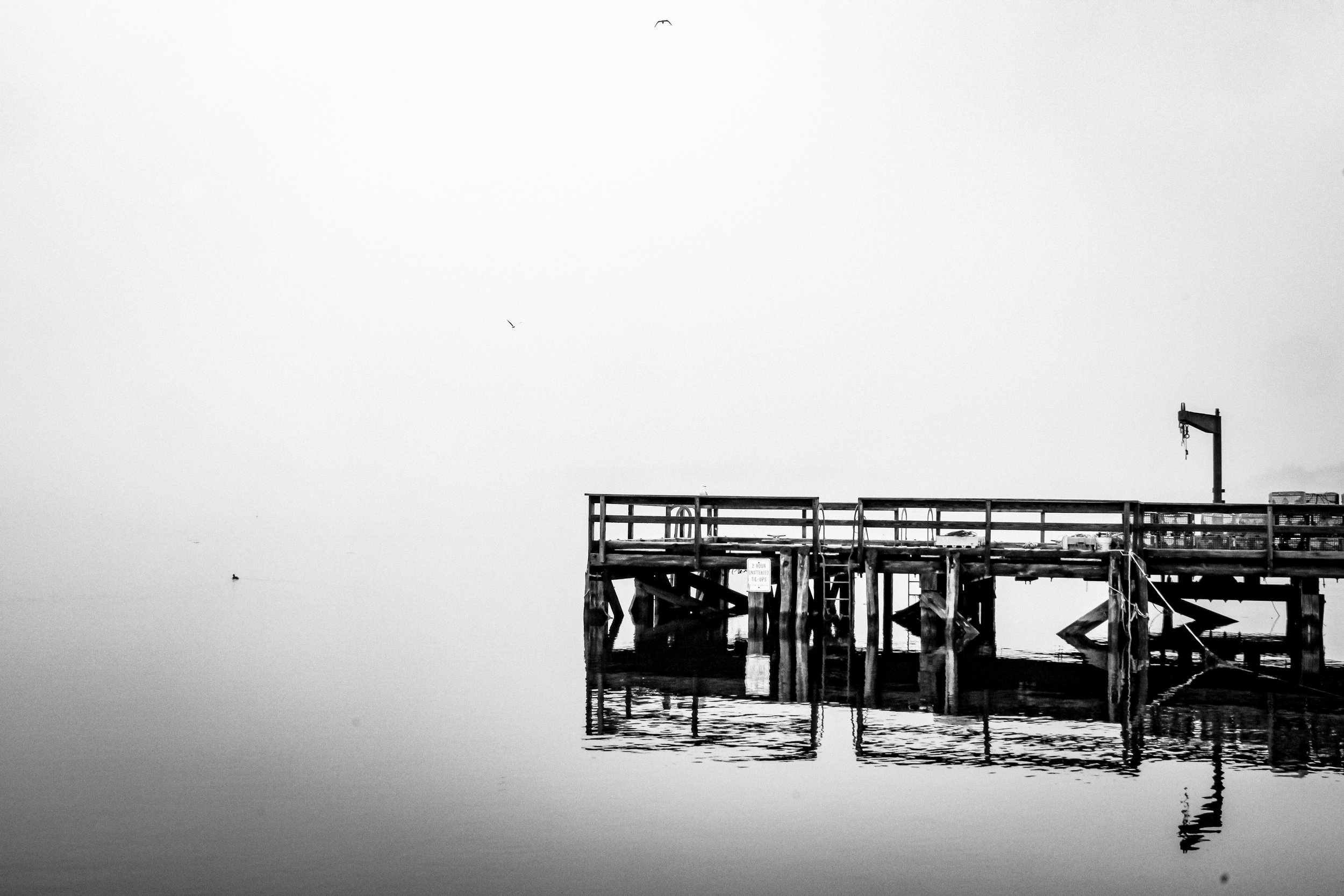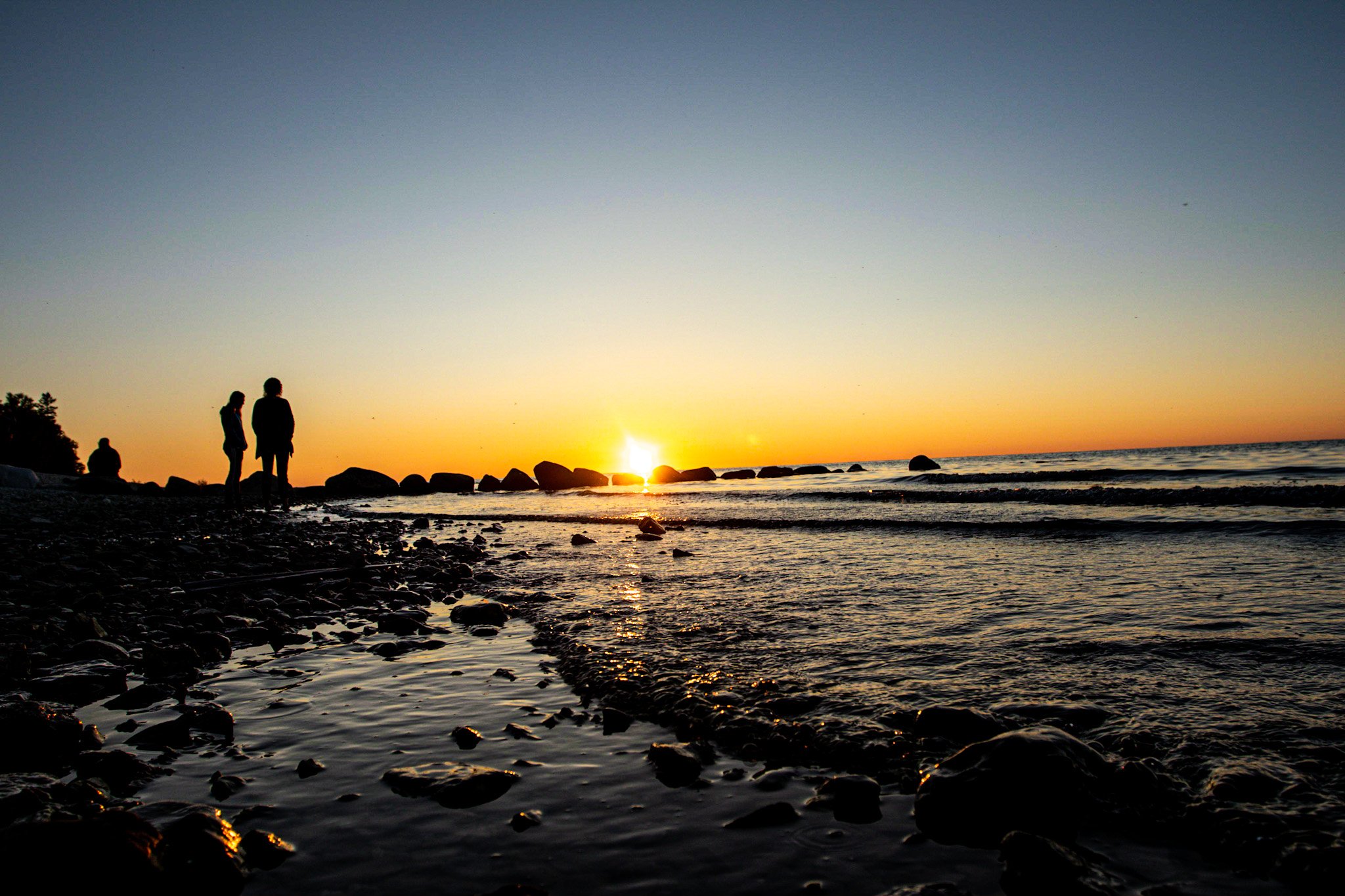Through the Lens: How Photography Supports Mental Health.
Depression has always been a lingering presence, appearing in short bursts during my younger years. As time passed, the weight grew heavier, the struggles became more complex, and the feelings more overwhelming. There were always people who helped along the way, offering support and moments of relief, but the battle with mental health was something I fought without ever truly confronting.
For years, I believed that as a man, I was expected to suppress my emotions, to bury the pain, and move forward without acknowledgment. Society often teaches us to wear masks, to hide our struggles behind a facade of strength and resilience. I followed that unspoken rule, pushing my feelings down, pretending they weren’t there, convincing myself that this was just the way things were supposed to be.
But ignoring the problem didn’t make it go away—it only made it worse. The more I suppressed, the more it built up, manifesting in ways I didn’t always recognize. It took time to understand that mental health isn’t a weakness, and acknowledging the struggle isn’t defeat. It’s the first step toward healing. Learning to face these emotions, rather than burying them, is a journey—one that I’m still on.
I picked up a camera three years ago and instantly fell in love with photography. From the moment I started shooting, there was something magical about capturing moments in time—freezing a fleeting second and turning it into a lasting image. That fascination quickly grew into a passion, fueling a deep desire to learn everything I could about the art of photography.
I started with a Canon T7 and a basic 18-55mm kit lens, excited to explore the world through my viewfinder. It wasn’t long before I realized the need for more reach, especially when capturing wildlife. That led to my first upgrade: a 55-250mm lens, allowing me to get closer to my subjects and truly appreciate the details of the natural world. But photography wasn’t just about taking pictures—it became a constant learning process, an ever-evolving journey of improving my skills and pushing my creative boundaries.
The next step was adding a drone to my gear, unlocking the ability to take aerial photos and see landscapes from an entirely new perspective. Slowly but surely, my equipment improved, and with it, my knowledge expanded. I became more invested in understanding the technical side of photography, leading me to take the leap into manual mode. Mastering full control of my camera felt like a breakthrough, allowing me to manipulate light, depth, and composition in ways I had never imagined. As my skills grew, so did my equipment, and I transitioned to a Canon 70D, a step up that made shooting manually feel even more intuitive.
Photography eventually led me to something even greater—cinematography. As my love for visual storytelling deepened, I decided to pursue a formal education in the field, further refining my craft. This journey wasn't just about learning a new skill; it became a form of therapy, a way to channel my emotions into something positive.
Mental health has always been a battle, one that I often faced in silence. But photography gave me a way to refocus my energy, to shift my thoughts away from negativity and into something productive. There was something incredibly therapeutic about being behind the lens—whether it was waiting patiently for the perfect wildlife shot, capturing a stunning landscape, or experimenting with new cinematic techniques.
Each click of the shutter became a moment of mindfulness, a way to be present and fully engaged with the world around me. The process of composing a shot, adjusting settings, and framing a scene required focus, giving my mind a break from the constant noise of anxiety and stress. Photography wasn't just a hobby; it became an essential part of my mental health journey, offering a sense of purpose and creativity that I had been missing.
Now, three years in, I’m still learning, still growing, and still pushing myself to improve. What started as a simple interest has turned into a lifelong pursuit, one that continues to shape my perspective on both the world and myself.
©Declan Harper Photography 2022
I captured this photograph in 2022 while searching for lighthouses. However, thick fog obscured them from view, forcing me to adapt and seek out something else that stood out. What I found turned into one of the first images I was truly proud of—captured by pure happenstance.
Shot on a Canon T7 with an EF-S 18-55mm f/3.5-5.6 IS II, my settings were:
📷 Shutter Speed: 1/200 sec
🌅 Aperture: f/22
🌫 ISO: 800
🔍 Focal Length: 24mm
This moment taught me that sometimes the best photographs come from unexpected opportunities.
©Declan Harper Photography 2023
This image was captured at sunset on the beach in Mackinaw City. Watching the silhouettes of people against the fading light as the sun dipped below the horizon was a moment of pure serenity. The peace that comes with witnessing a sunset, camera in hand, provided a sense of clarity and focus exactly where it was needed.
Shot on a Canon M50 Mark II with an EF 17-40mm f4 USM, my settings were:
📷 Shutter Speed: 1/250 sec
🌅 Aperture: f/5.6
🌫 ISO: 100
🔍 Focal Length: 17mm
Mental health is a deeply personal journey, and it looks different for everyone. No one should ever feel ashamed or afraid to ask for help when they need it. Seeking support is not a sign of weakness—it’s an essential step toward healing.
We all have different outlets that help us navigate life’s challenges. For me, that outlet is photography. On my most anxious or difficult days, picking up a camera allows me to refocus, to channel my emotions into something meaningful. Some of my most powerful images have come from moments of deep reflection, where creativity becomes a way to process what words cannot express. Photography transforms pain into beauty, turning even the heaviest days into something constructive.
But while personal outlets are important, so is human connection. If you ever find yourself struggling, don’t hesitate to reach out. And if someone turns to you for support, be there for them. Sometimes, simply listening can make all the difference.
Mental health matters. You matter. Never feel like you have to fight your battles alone. There is strength in vulnerability, healing in creativity, and hope in the support we offer each other.

